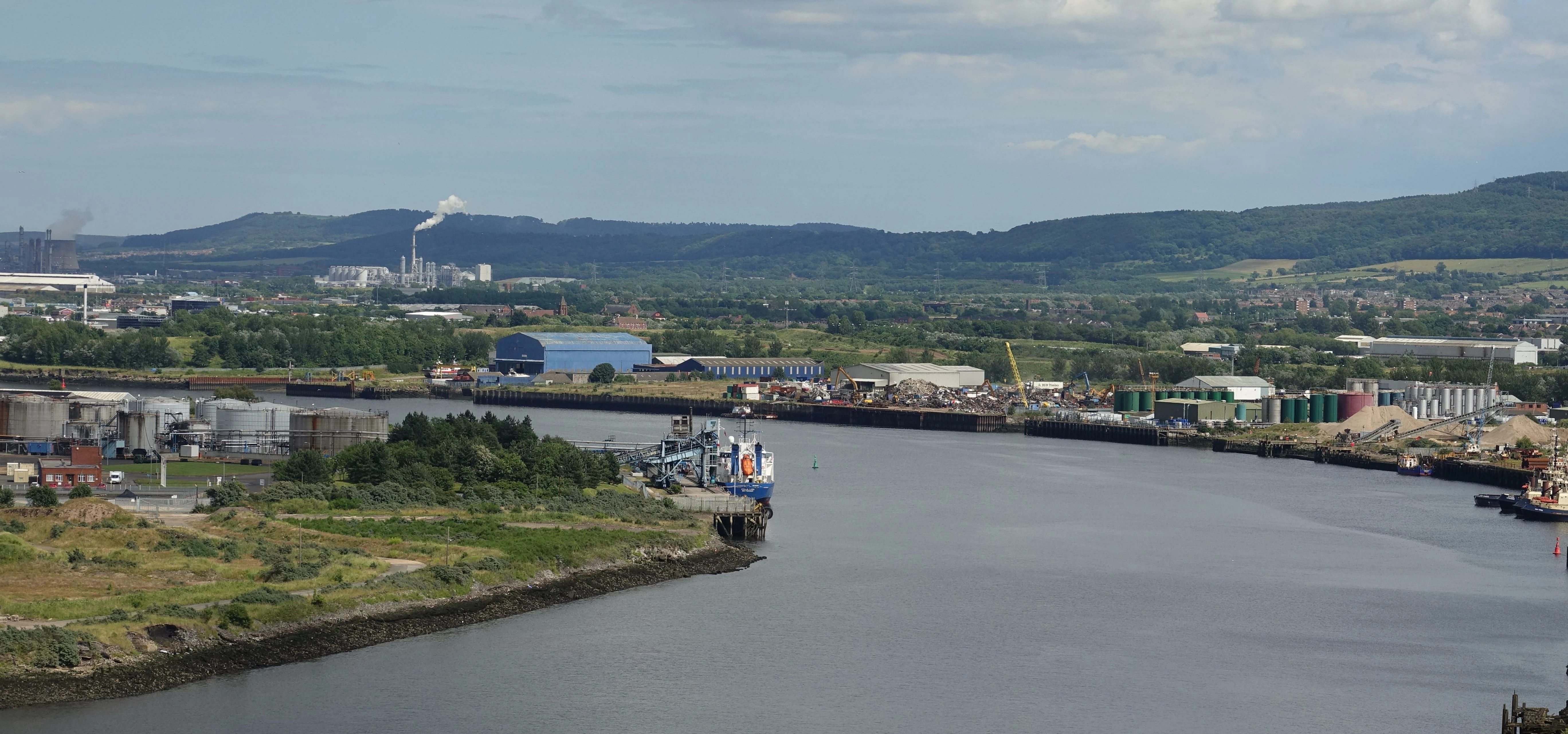
Partner Article
Teesside could be key to government adopting a clean Industrial Strategy
The Tees Valley could be the birthplace of vital clean industrial growth, attracting inward investment and job creation, under finance proposals published today by industrial cluster Teesside Collective.
The report, funded by the Department for Business, Energy and Industrial Strategy and commissioned from Pöyry Management Consulting, sets out the business case for an Industrial CCS support mechanism that would grow the UK’s industrial base while substantially reducing carbon emissions.
Paul Booth, Chair of Tees Valley Local Enterprise Partnership and board member of Tees Valley Combined Authority, said: “There is no doubt the technologies involved in CCS are tried and tested and that Teesside has the concentration of facilities that make it the ideal place to start. The benefits in terms of long term industrial growth and emissions reduction are also clear.
“The question this report answers is whether there is a cost-effective way of making this a reality. The answer is a resounding yes. We know the demands on the public purse are great, but these are also lean industries with low margins. Working together, sharing the costs and risks opens up vast opportunity for all involved.”
Lord Oxburgh, who chaired the cross-party Parliamentary Advisory Group that published a report on CCS in 2016, said: “Applying CCS to industry represents some of the cheapest available carbon abatement in the UK economy.
“The Teesside Collective proposals offer a triple win – the greening of energy-intensive industry, meeting national carbon reduction targets and local industrial rejuvenation. I strongly recommend that Government commits to helping finance the project as a cornerstone of its emerging Industrial Strategy.”
EEF, the manufacturers’ organisation, stated: “As the UK continues to develop its post-Brexit Industrial Strategy, this proposition for industry and government to work together to sustain and regenerate manufacturing hubs around the country in a carbon-constrained world is welcome.
“With Industrial CCS essential to the decarbonisation of many energy-intensive manufacturing sectors, affordable ways must be found to get projects underway. This proposal offers a valuable insight as to how that might be achieved.”
Looking to promote your product/service to SME businesses in your region? Find out how Bdaily can help →
Enjoy the read? Get Bdaily delivered.
Sign up to receive our daily bulletin, sent to your inbox, for free.








 Raising the bar to boost North East growth
Raising the bar to boost North East growth
 Navigating the messy middle of business growth
Navigating the messy middle of business growth
 We must make it easier to hire young people
We must make it easier to hire young people
 Why community-based care is key to NHS' future
Why community-based care is key to NHS' future
 Culture, confidence and creativity in the North East
Culture, confidence and creativity in the North East
 Putting in the groundwork to boost skills
Putting in the groundwork to boost skills
 £100,000 milestone drives forward STEM work
£100,000 milestone drives forward STEM work
 Restoring confidence for the economic road ahead
Restoring confidence for the economic road ahead
 Ready to scale? Buy-and-build offers opportunity
Ready to scale? Buy-and-build offers opportunity
 When will our regional economy grow?
When will our regional economy grow?
 Creating a thriving North East construction sector
Creating a thriving North East construction sector
 Why investors are still backing the North East
Why investors are still backing the North East